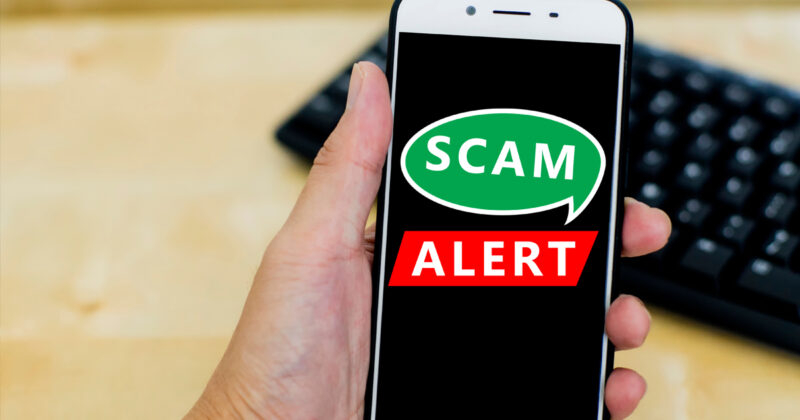Beware the Downsides of Person-to-Person Payment Apps
With an increasing number of people turning to their digital wallets to make daily transactions, the scammers are out in full force. Person-to-person (P2P) apps, such as Zelle, Venmo and PayPal have made it convenient for people to transact business on the fly, such as splitting restaurant checks and paying the gardener, but it has also opened opportunities for scammers to steal your money.
While P2P app transactions are fast and reliable, they don’t offer any fraud protection, so the onus is on consumers to protect themselves. There is no remedy for fraudulent transactions with these apps, such as the safety net that exists with credit cards. The moment a payment is made with the app, it is considered an “authorized transaction” and the payment is final, with no opportunity to get the money back.
Since you’re your own first and last line of defense against P2P payment scams, the next time you use Zelle, Venmo, PayPal or any other P2P app, you need to ask yourself whether you trust the person on the other end of the transaction. If you don’t, or you’re not certain, do not make the transaction.
Here’s how to fortify your defenses against P2P payment scams:
- Only make payments to people you trust implicitly.
- Avoid using payment apps to purchase products, especially online.
- When possible, link your app to a credit card for fraud protection.
- Avoid any seller insisting on payment with a P2P app.
- Double-check the payment details to ensure the recipient’s information is accurate.
If you think you’ve been involved in a P2P payment scam, contact the Federal Trade Commission.


